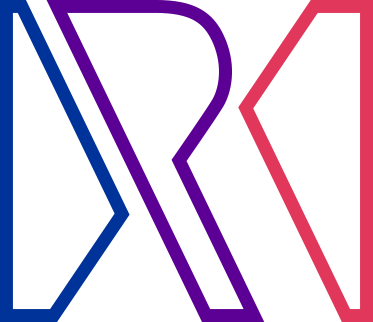First invoked during the 2016 World Humanitarian Summit, the humanitarian-development-peace nexus or “triple nexus” has become a driving effort by aid organizations to overcome sectoral divisions and move towards a more holistic way for delivering assistance to vulnerable communities.
Nexus approaches recognize that addressing protracted conflict situations requires longer-term, more integrated interventions that go beyond providing immediate humanitarian relief or promoting economic growth and which focus on protecting human rights and addressing the root causes of crises.



